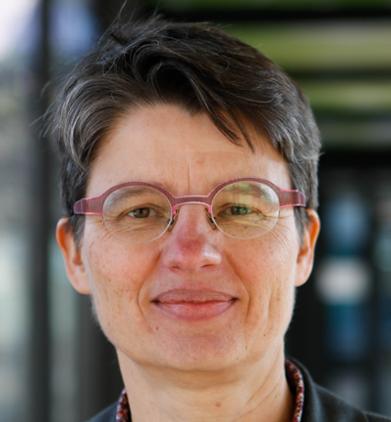CANCELLED
Share this pageSince the late eighteenth century archaeology developed in Europe from antiquarianism and connoisseurship into an academic discipline with its own sets of problems and questions, methods and tools. The city of Rome played an exceptional role in this dynamic process of academic professionalization and institutionalization, not only because of the richness of the classical heritage in situ, but also due to the fact that already in the centuries before these antiquities had been studied by eruditi from many countries, thus creating important transnational networks. In fact, the founding of the Instituto di Corrispondenza Archeologica (1829) resulted from the efforts of such a group of scholars and dilettanti. Crucial here was the long-standing notion that antiquity represented the origin of civilization.
In the course of the nineteenth century, however, this universal notion, merged with and was challenged by the birth of new nation states, including the kingdom of Italy (1861). Consequently, processes of nation building and the search for new national identities, rooting in a common past, started to play an important role in the formation of archaeology as a scholarly discipline. In many countries, the archaeological research agenda took shape within such national frameworks and Italy is a case in point. Romanità, and the Roman past that was shared by all Italians in and beyond Italy became the main ingredients of new narratives that served both the liberal governments since the country’s unification and the fascist regime of the 1920s and 1930s. However, the nature of these narratives, and hence the role of archaeology, differed dramatically.
How did these processes contribute to the formation of archaeology in Academia as well as to various local, national and transnational identities and loyalties? This course questions how local, national and transnational archaeological institutions, projects, and networks interacted in Rome, while at the same time such initiatives (co)constituted the cultural hierarchies and imaginings that played a crucial role in the colonialist, racist and fascist worldviews of the modern era.
Assessment and Grading
Participants are required to give an on-site oral presentation and to submit a portfolio.
Target groups
Master, research master and PhD-students in Classics, Archaeology, Heritage Studies, Ancient History or Contemporary (Italian) History enrolled in one of the KNIR partner universities (RU, RUG, UL, UU, UvA, VU).
Course material
Will be made available before the course starts. Two preparatory meetings (online) in February / early March and readings are part of the course.
Costs
Participants will receive free tuition and excursions (including most entry fees for museums and archaeological sites). Travel expenses to and from Rome will be reimbursed (€ 100,-) upon submission of the final essay. Meals and personal expenses are not included.

